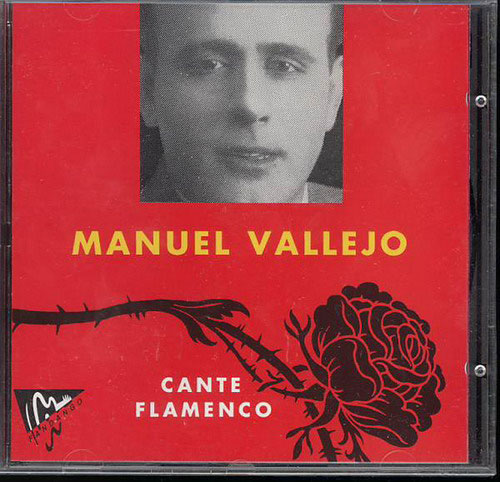- Contact |
-
Phone |
(+34) 91 542 72 51.
We’re open from Monday – Friday 10h-13:30h / 17:00-20:00h and Saturdays 10h-13:30h (GMT + 1).
In 2022, we will be closed for holidays the 1st and 6th January, 14th, 15th and 16th April, 2nd and 16th May, 25th July, 12th October, 16th August, 1st and 9th November, 6th, 8th , 9th and 26th December.
Our shop is located in Calle Campomanes nº 4, Madrid 28013 España (Ópera Metro Station) - Help |
- Price list |
- Order situation |
- Wholesalers Access
- 🚚 📦 WORLDWIDE SHIPPING ✈️ 🌍
- 🚚 📦 WORLDWIDE SHIPPING ✈️ 🌍


- Flamenco best sellers
-
All Flamenco
- Bracelets
- Braces and Belts
- Breeches and Tassels
- Brooches
- Bull-fight and Spanish Flag Handbags
- Bullfighter Outfits
- Campero Boots Valverde del Camino
- Costumes and Accessories
- Customized Products
- Flamenca Blouses
- Flamenco Costumes for kids
- Flamenco dance Tops and Bodies
- Flamenco Dolls
- Flamenco Face Masks
- Flamenco Guitars
- Flamenco percussion boxes and canes
- Flamenco Pictures
- Flamenco Shirts
- Jewellery
- Joaquín Cortés
- Manila Shawls
- Necklaces
- Posters
- Regional Shoes
- Weddings and Brides
- Guests Hats
- Souvenirs, Parties
- Didactic Material
- Music and video
-

-

- Flamenco best sellers
- Andalusian costumes
- Castanets
- Combs and Small Combs
- Fans
- Flamenca outfits
- Flamenco Dance Outfits
- Flamenco Earrings
- Flamenco Flowers
- Flamenco Shoes
- Flamenco Skirts
- Hats
- Manila Shawls
- All Flamenco
- Bracelets
- Braces and Belts
- Breeches and Tassels
- Brooches
- Bull-fight and Spanish Flag Handbags
- Bullfighter Outfits
- Campero Boots Valverde del Camino
- Costumes and Accessories
- Customized Products
- Flamenca Blouses
- Flamenco Costumes for kids
- Flamenco dance Tops and Bodies
- Flamenco Dolls
- Flamenco Face Masks
- Flamenco Guitars
- Flamenco percussion boxes and canes
- Flamenco Pictures
- Flamenco Shirts
- Jewellery
- Joaquín Cortés
- Manila Shawls
- Necklaces
- Posters
- Regional Shoes
- Sales
- Short Boots
- Small Shawls
- Spanish Aprons
- Spanish flags
- Spanish Gifts
- Spanish Hats
- Stickers and Adhesives
- Sticks
- T-shirts
- Veils (Spanish mantillas)
- Zahones
- Weddings and Brides
- Bridal Combs
- Bridal Jewelry
- Bridal Veils
- Brooches for wedding veils
- Bun hair pins
- Flowers for bride
- Wedding Fans
- Wedding music
- Guests Hats
- Design Earrings
- Floppy Hat
- Floral Crown
- Guest Headband
- Guest headdress
- Party clutches, Guest clutches, Mini Bag
- Straw boater for Women
- Top Hat for Women
- Souvenirs, Parties
- Flamenco-Spain.com
- Didactic Material
- Books
- Classes for Beginners
- Didactic DVD & Video
- Flamenco Didactic CDs
- Flamenco Metronomes
- Flamenco Step by Step: Adrián Galia
- Manuel Salado: Flamenco Dance, Flamenco Guitar and Tap
- Oscar Herrero
- Scores and Sheet music
- Solo Compás
- Music and video
- CD. Flamenco music
- DVD
- Videos
-
 Whatsapp
Whatsapp
- Our address:
- Calle Campomanes, 4, 28013, Madrid
- See map
- E-mail:
- flamencoexport@flamencoexport.com
- Phone:
(+34) 91 542 72 51.
We’re open from Monday – Friday 10h-13:30h / 17:00-20:00h and Saturdays 10h-13:30h (GMT + 1).
In 2022, we will be closed for holidays the 1st and 6th January, 14th, 15th and 16th April, 2nd and 16th May, 25th July, 12th October, 16th August, 1st and 9th November, 6th, 8th , 9th and 26th December.
Our shop is located in Calle Campomanes nº 4, Madrid 28013 España (Ópera Metro Station)
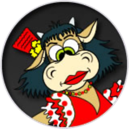
Alegrias
Song with verses, generally composed by eight syllabes each, that is part of a group called 'las cantiñas'. 'La alegría' was born as a song which one of its aim was to dance, very festive. La alegría is very dynamic and is also caracterised by its ease and its grace. 'El canto' (the song) itself is formed by a succession of 'coplas' and between 'alegría and alegría' it is usual to introduce some variations or "games" of different music of the same 'compás'. This style comes eminent from Cádiz but it also exists a version particuliar in Córdoba. We supposed that this 'cantiña' comes from 'la jota de Cádiz' that was song in this city during the Independencia war and the liberal period, according to the historians and the folkloricos. The song and the dance have both the same rythme as la 'soleá', although it is lighter, gives to 'la alegría' an air vivider, happier. 'El baile' is hard to dance and it is caracterised by 'escobillas' and a part very calm called 'silencio'. In this part is song the traditional "tirititrán" that has been invented, according to Chano Lobato, by Ignacio Espeleta during a 'fiesta' where they forgot the lyrics of the song. The most famous interpreters are Aurelio Sellés, Pericón de Cádiz, Fosforito, la Perla ou Camarón.
'La alegría' has never lost its fame, since the period of the 'cafés cantantes' with dancers as Juana La Macarrona, La Melena, Fernanda Antúez, La Mejorana et Gabriela Ortega, until today. It is almost an obligatory style in all the repertories of the most remarkable dance figures. Regarding to the alegría song, it is the same and the best interpreters of the last years are Pericón de Cádiz, El Flecha de Cádiz, El Beni de Cádiz, El Chato de la Isla, Fosforito, La Perla de Cádiz, El Camarón de la Isla, Chano Lobato y Juanito Villar, for example.
The 'toque' is realised by a three / four or by a six / eight time. The base of the rythme can be done from mi/si or from la/mi or also from do/sol, although it exists other possibilities to do it on the same tonality.
Comes from: Cádiz, Córdoba.








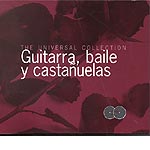



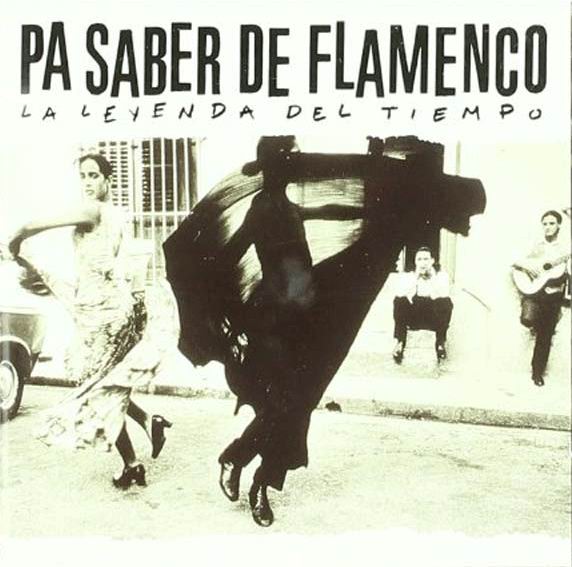
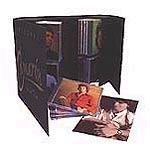
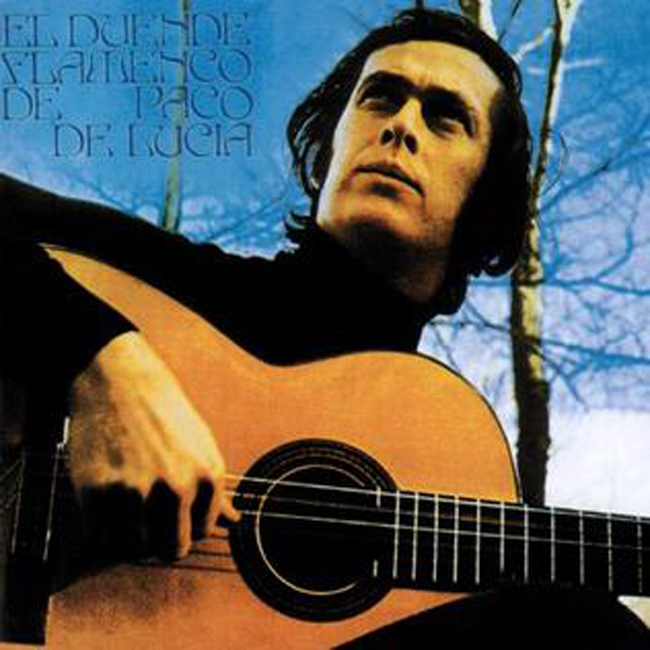
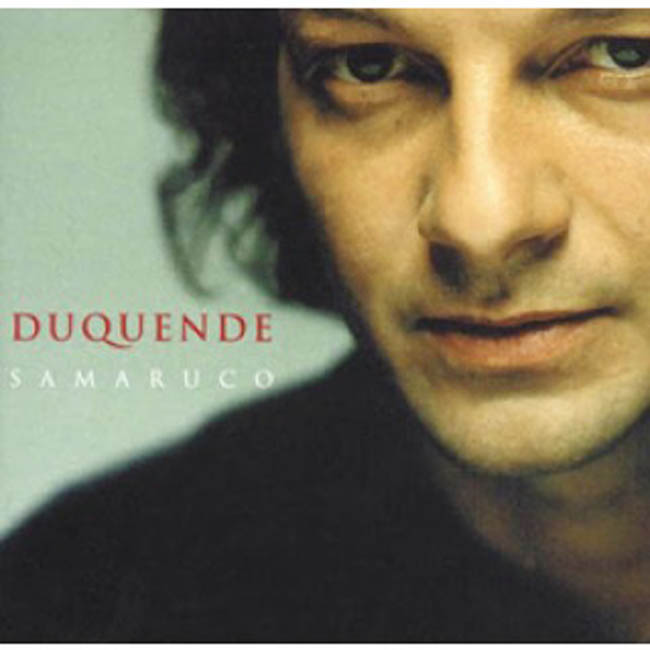
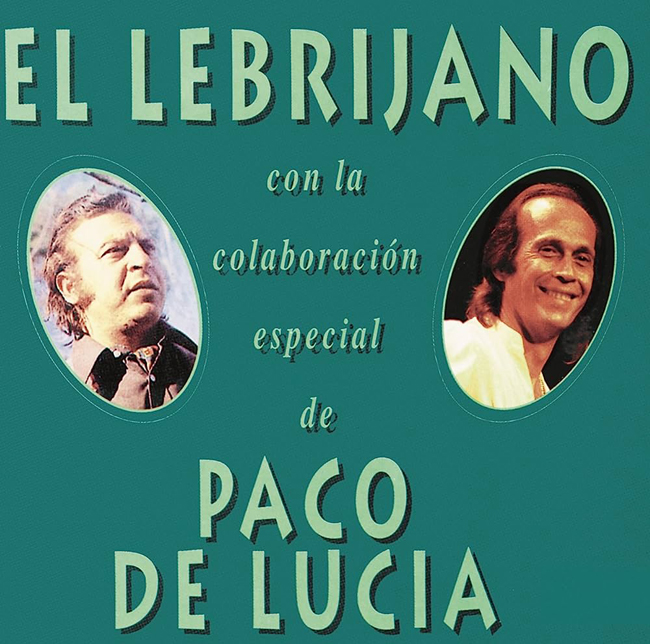

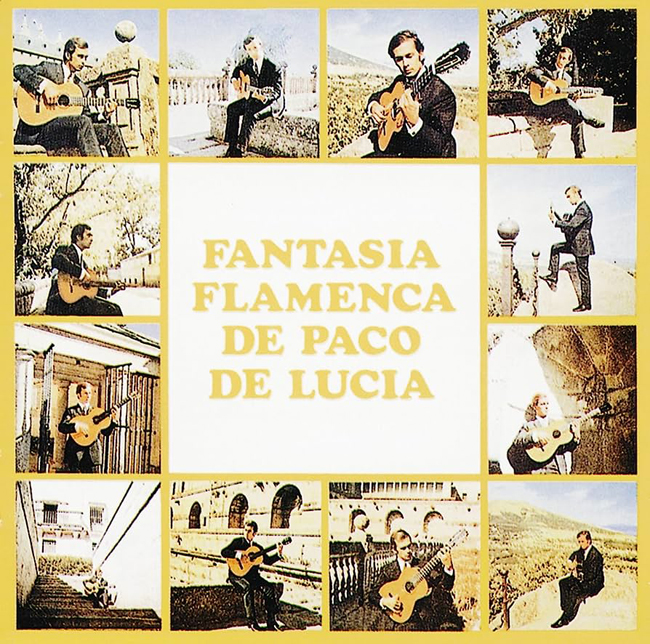
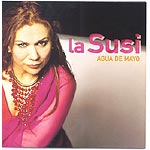
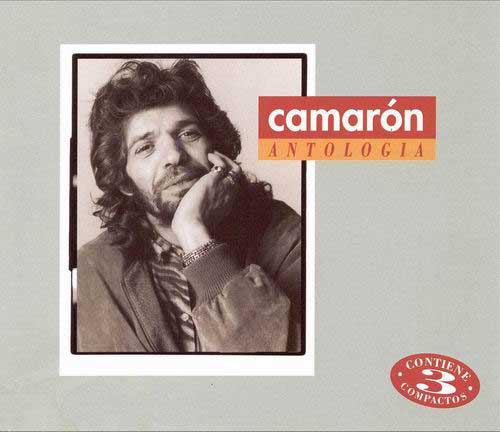
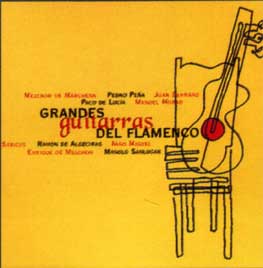
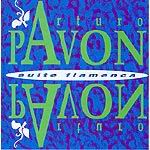
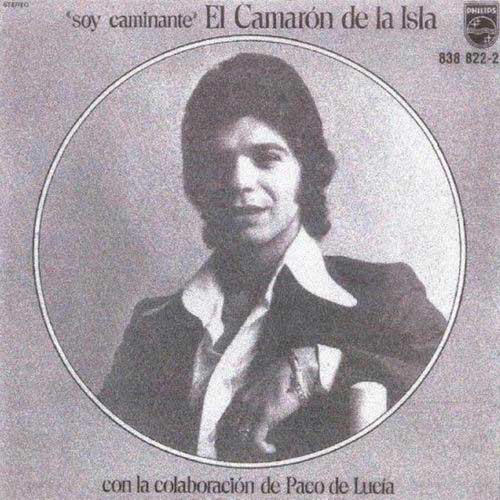
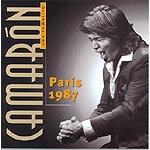
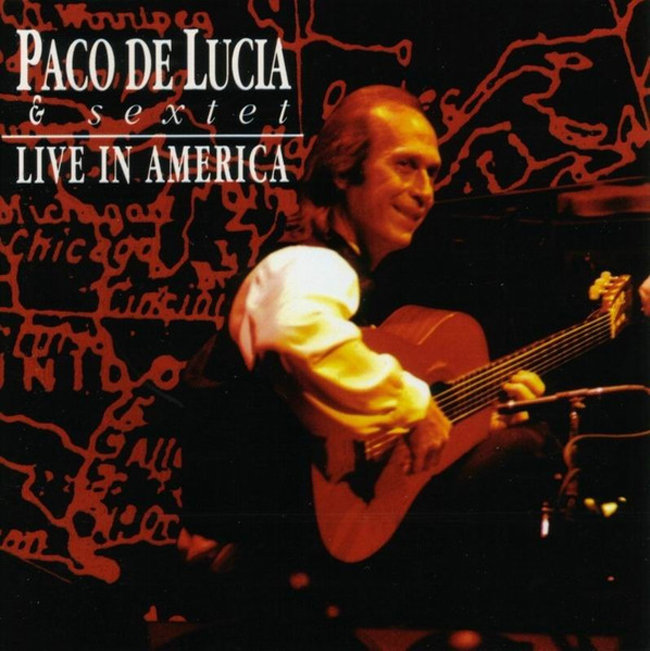
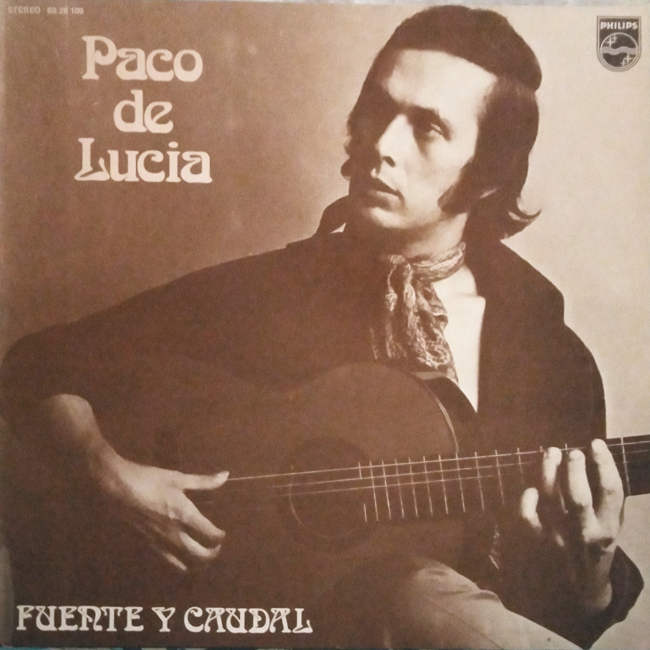
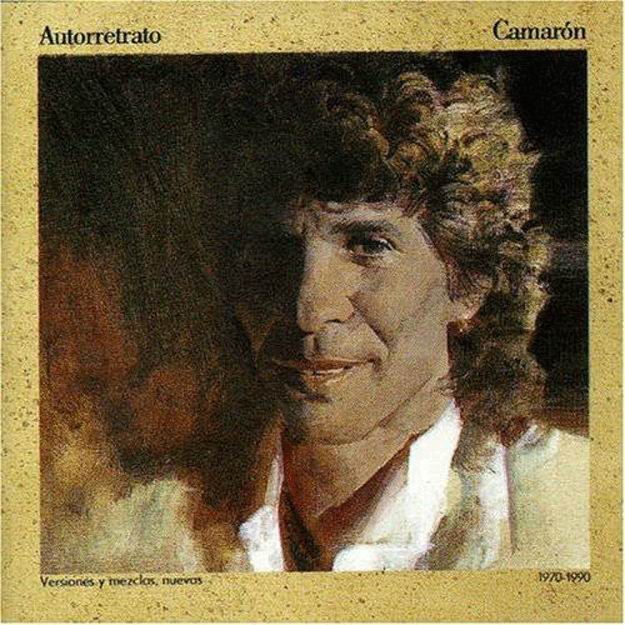
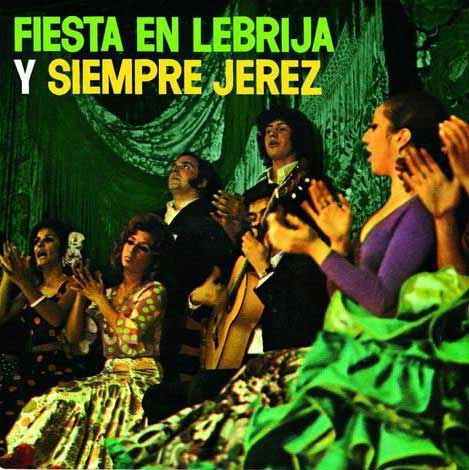
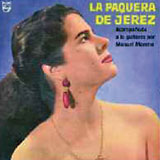
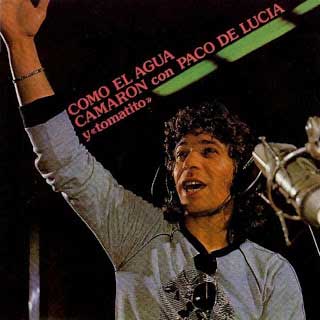
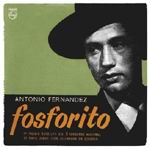
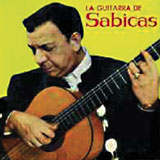
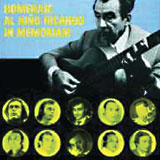
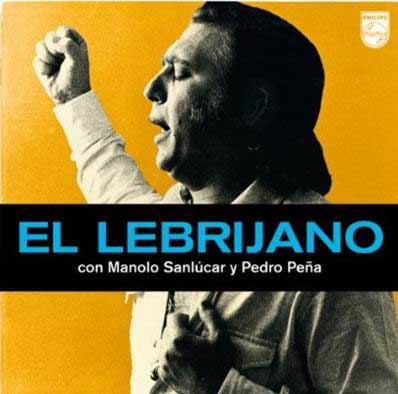
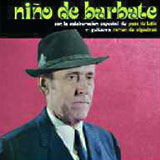
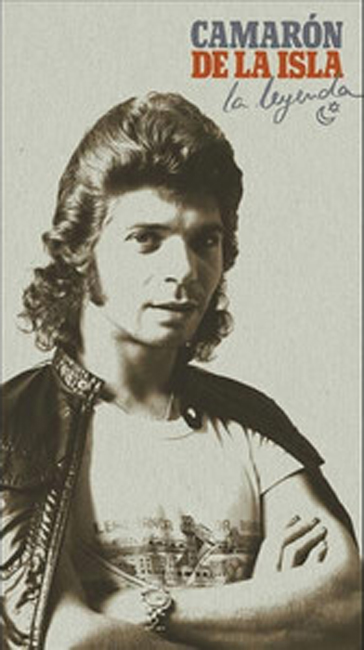
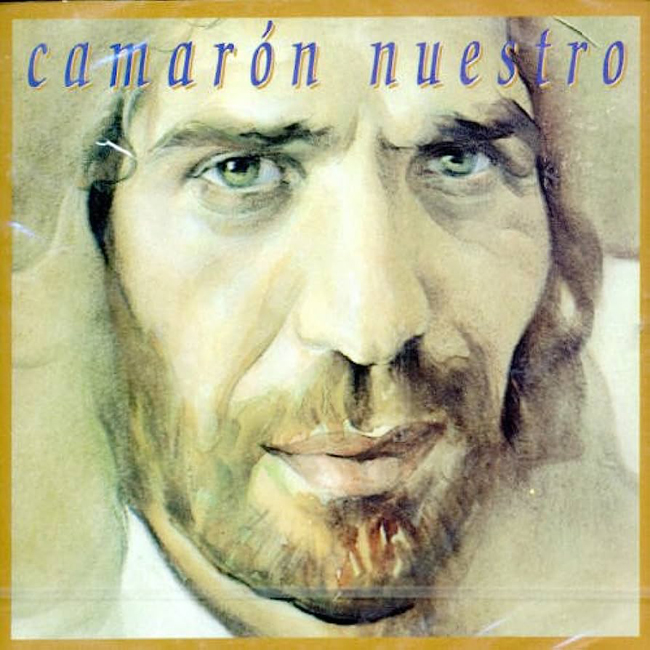
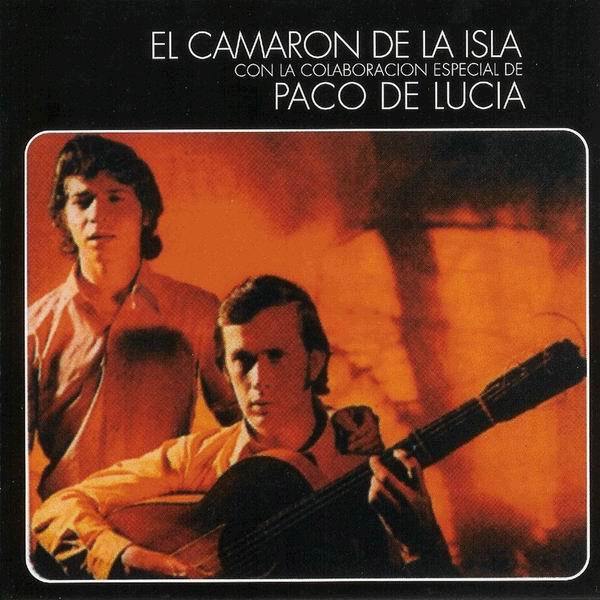
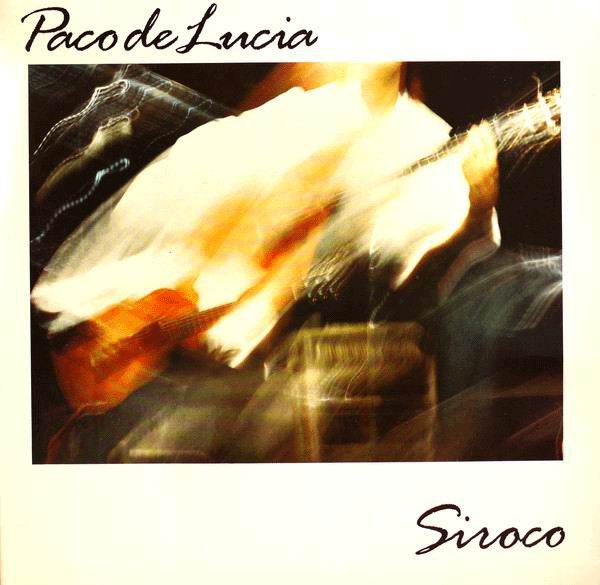
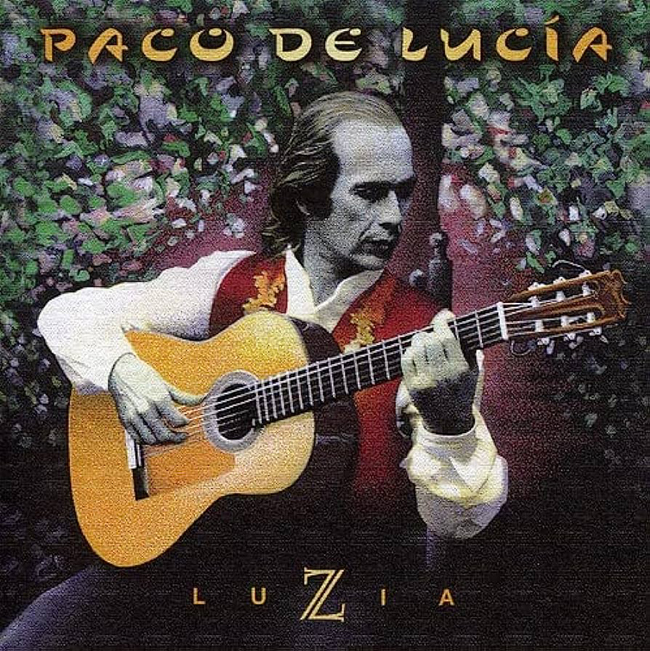
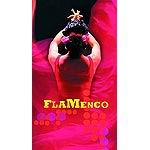
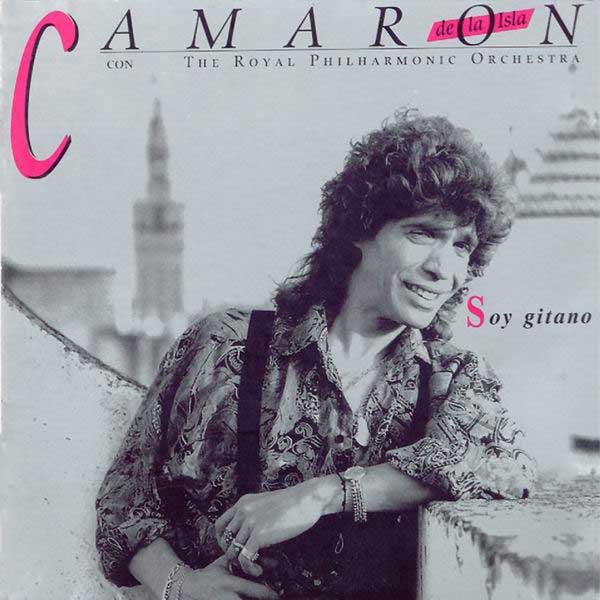
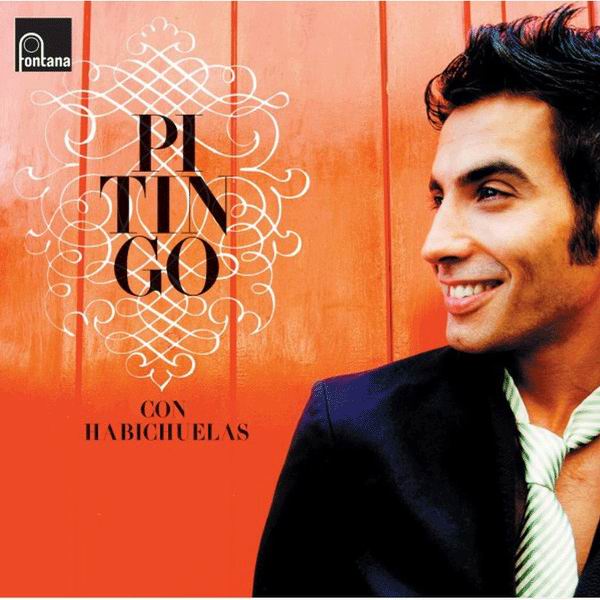
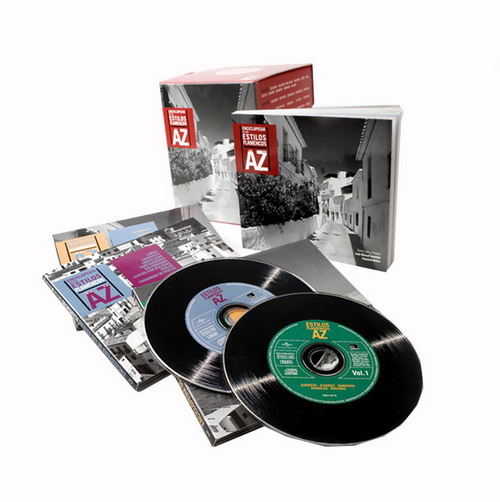
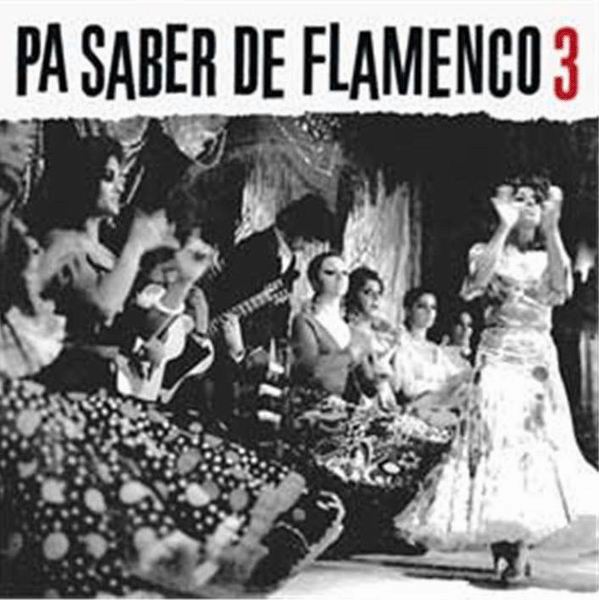
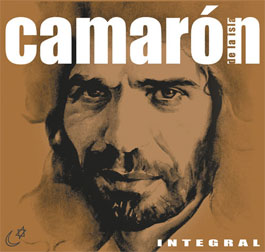
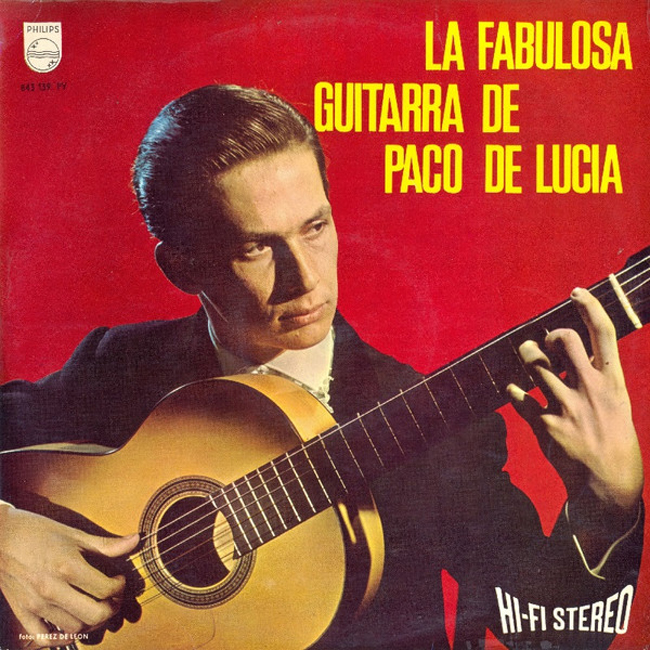
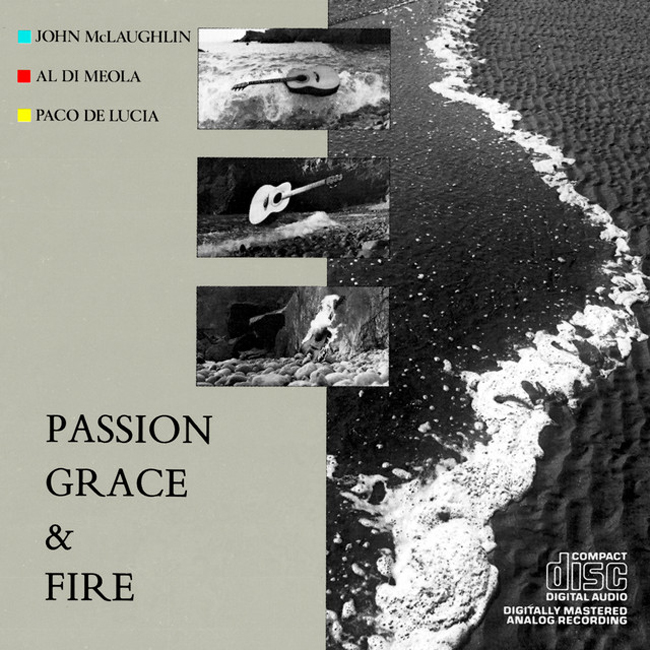
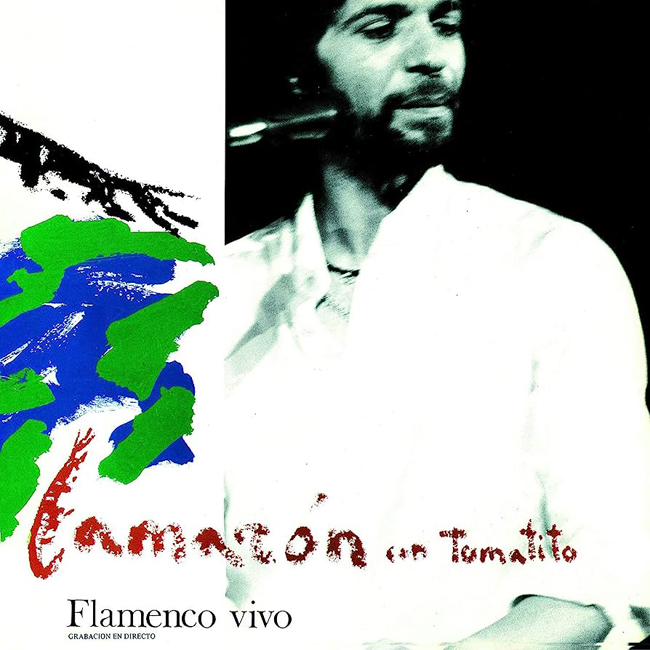
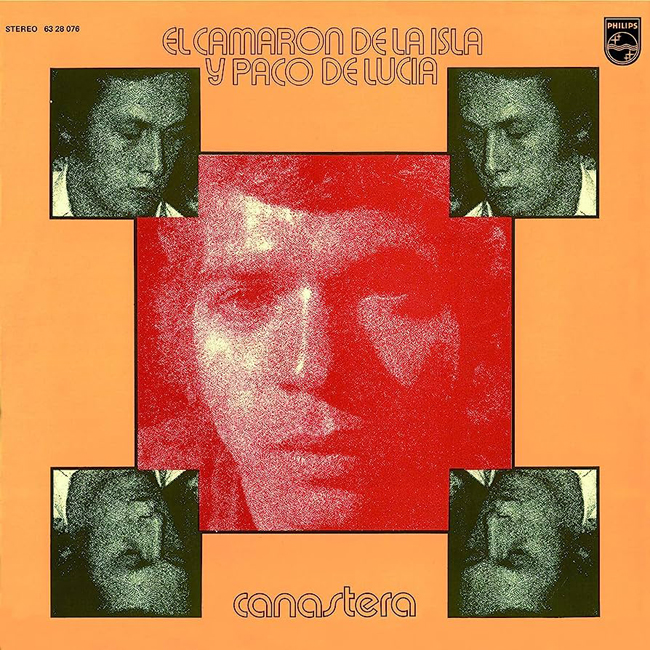
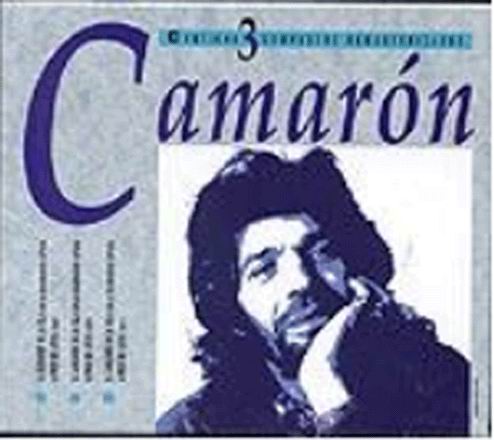
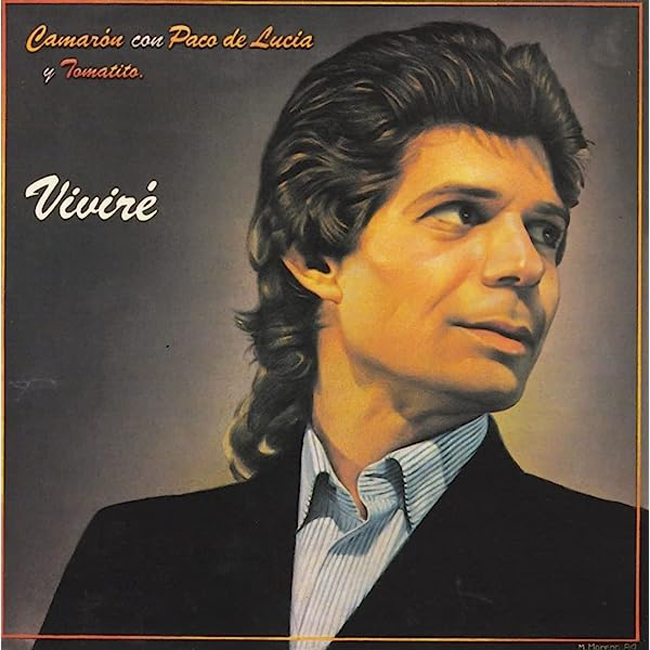
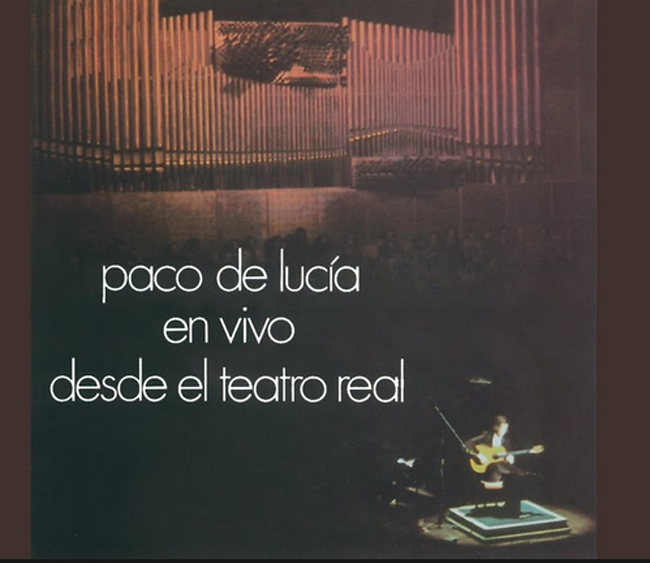
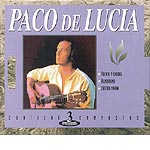
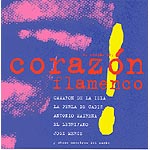
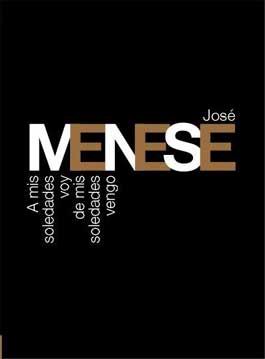

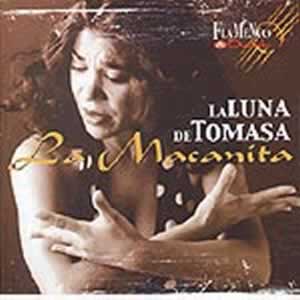
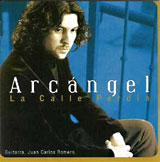

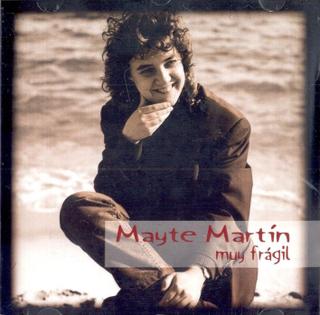
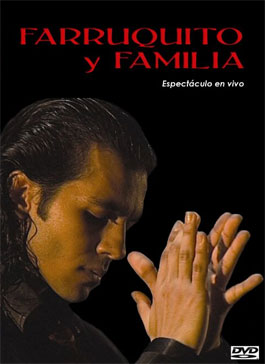



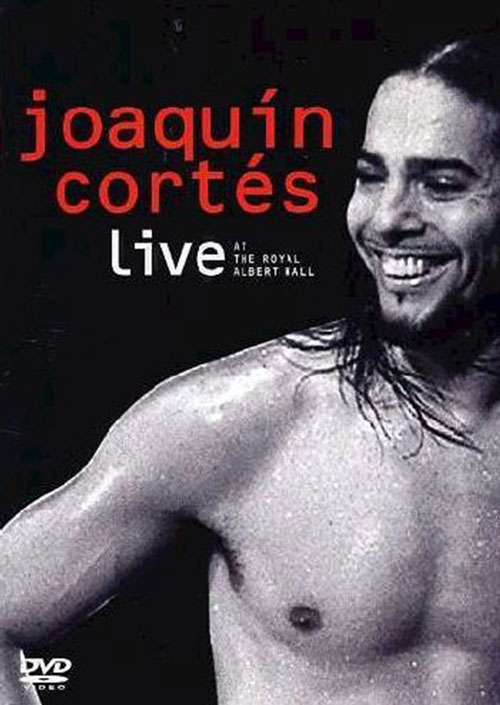
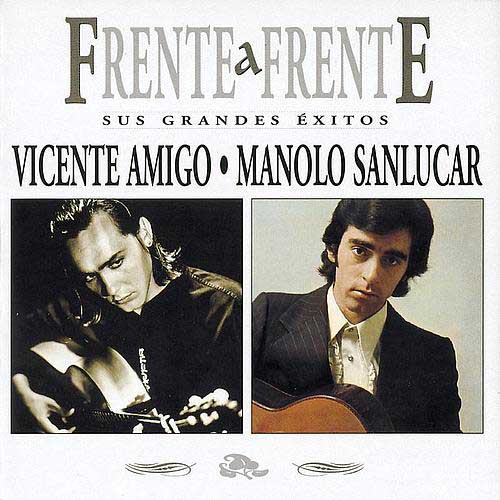
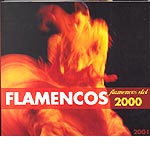
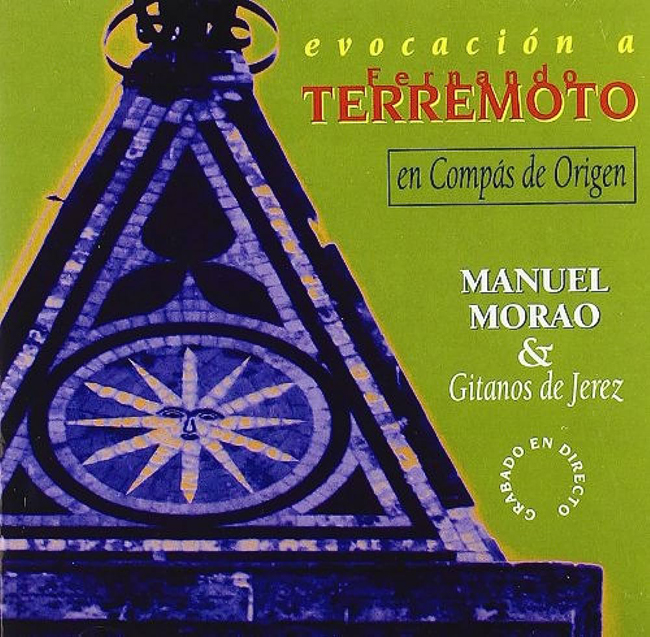
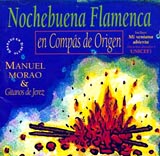
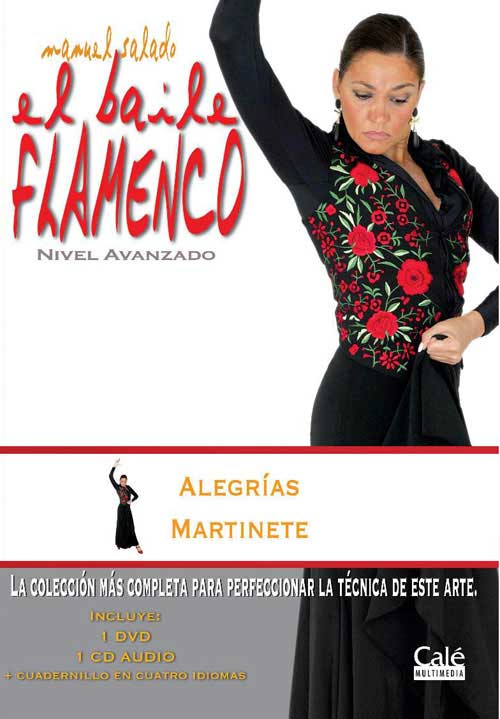
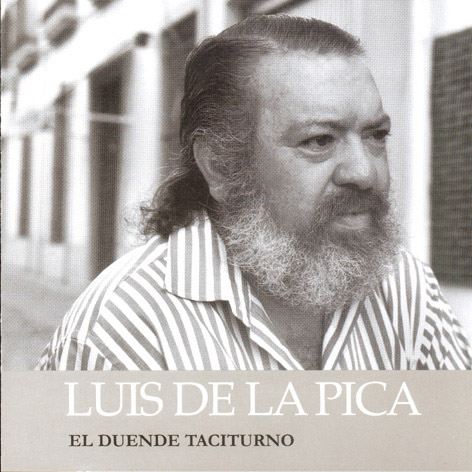
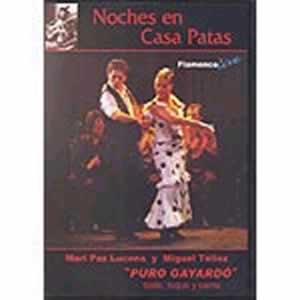
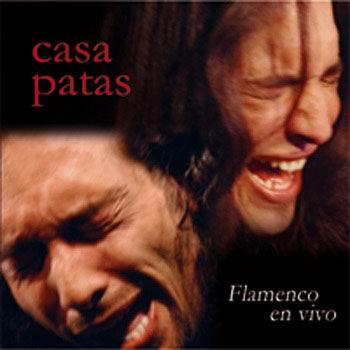
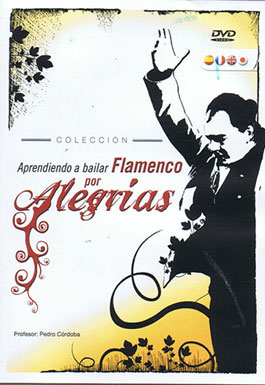
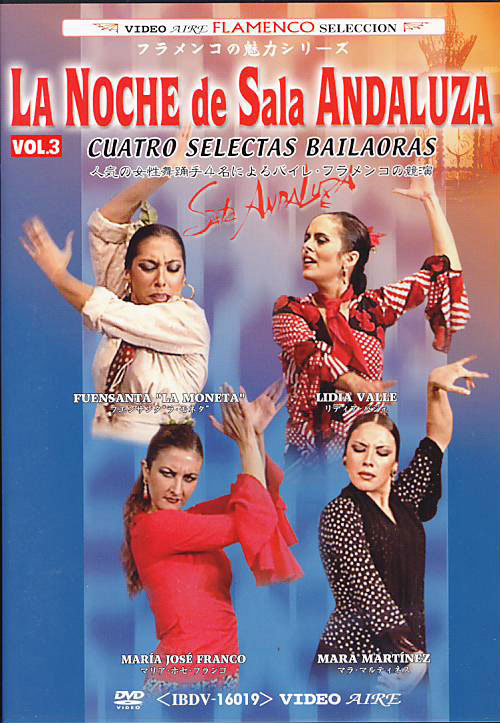

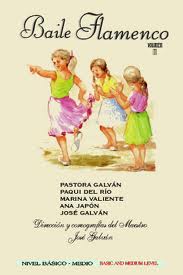
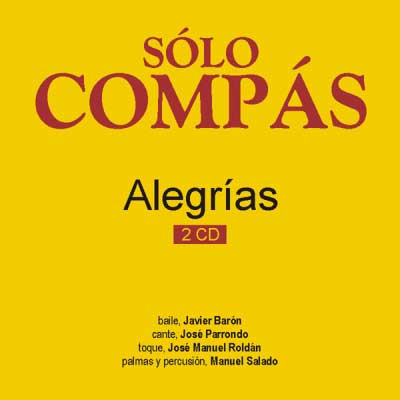
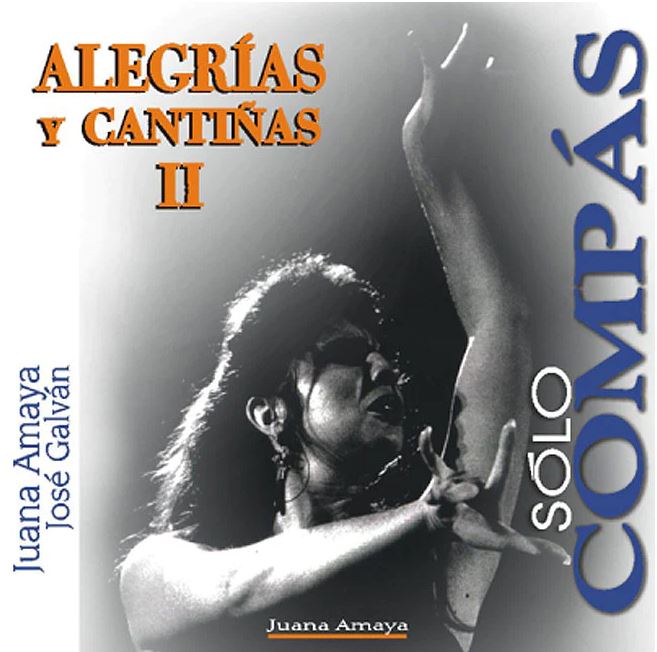
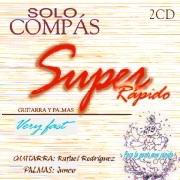
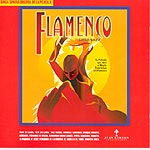
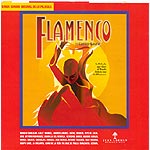
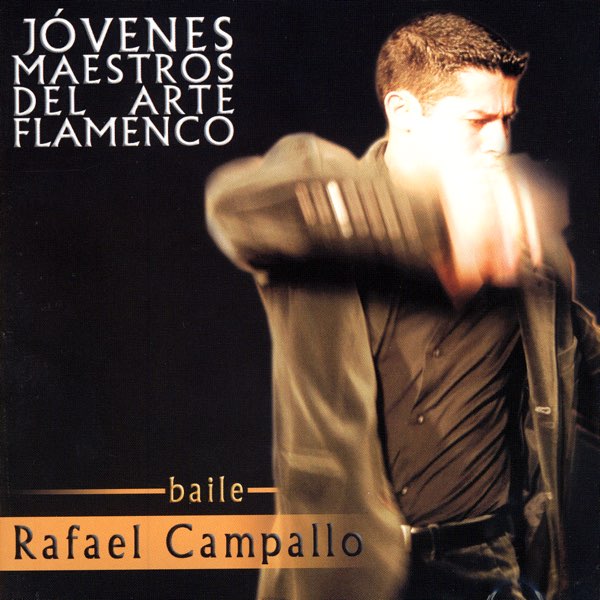
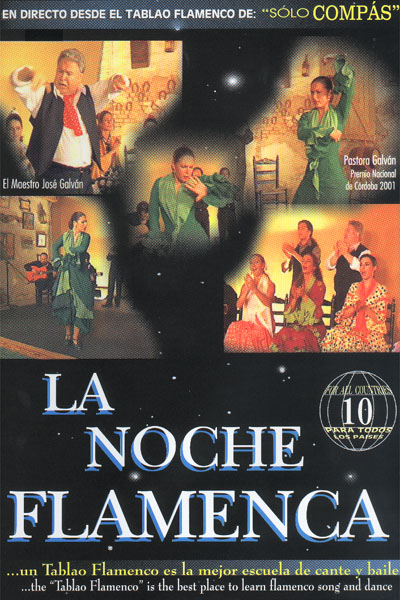
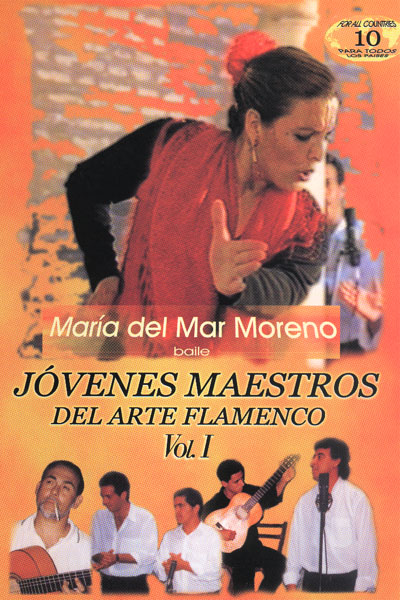
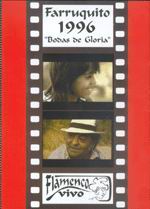
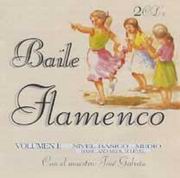
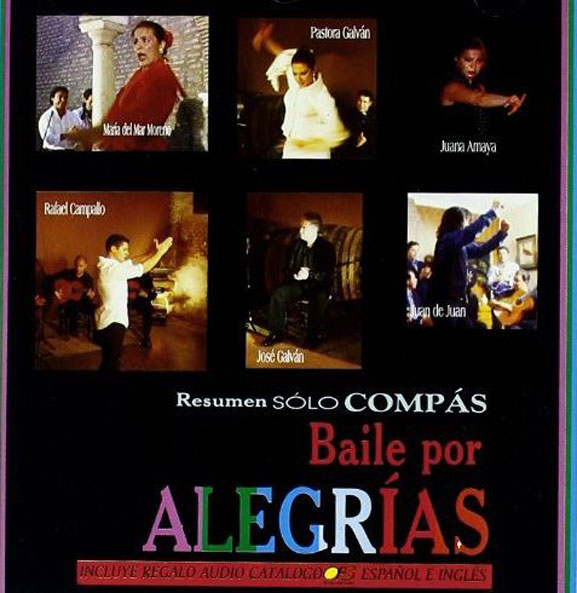
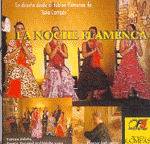
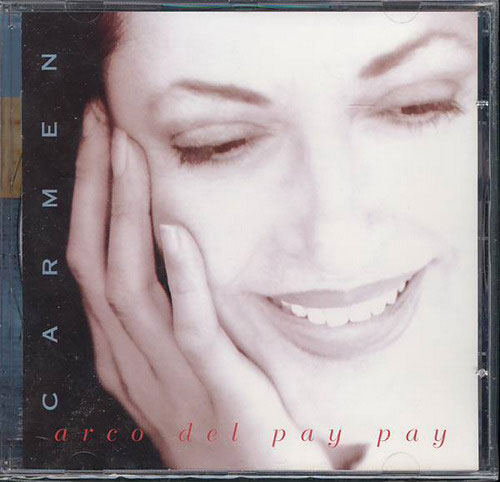
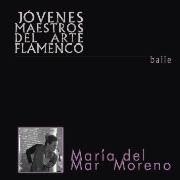
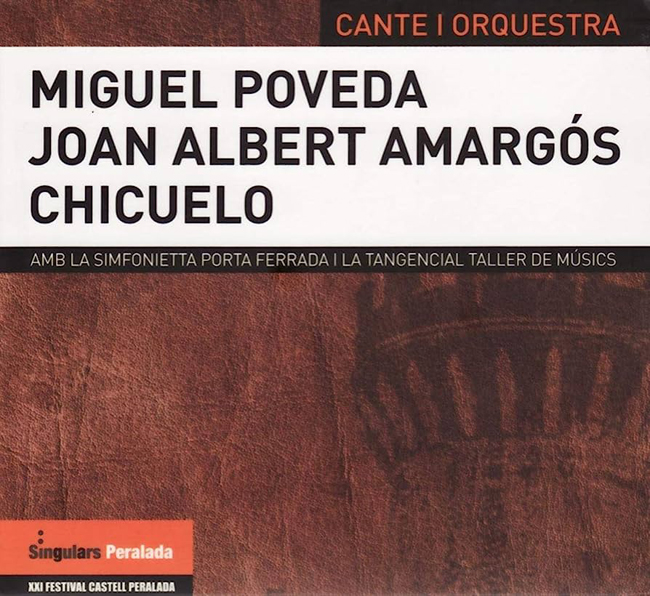
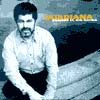

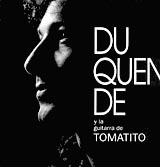
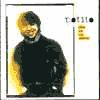
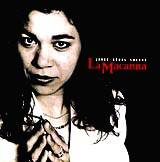
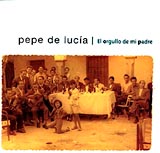

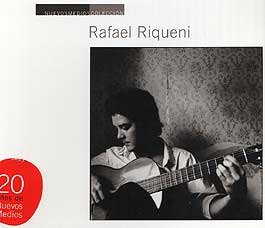

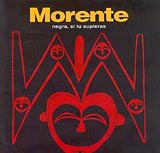
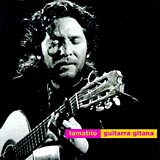
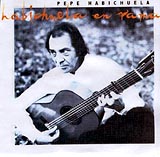
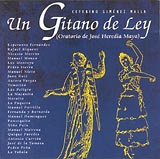
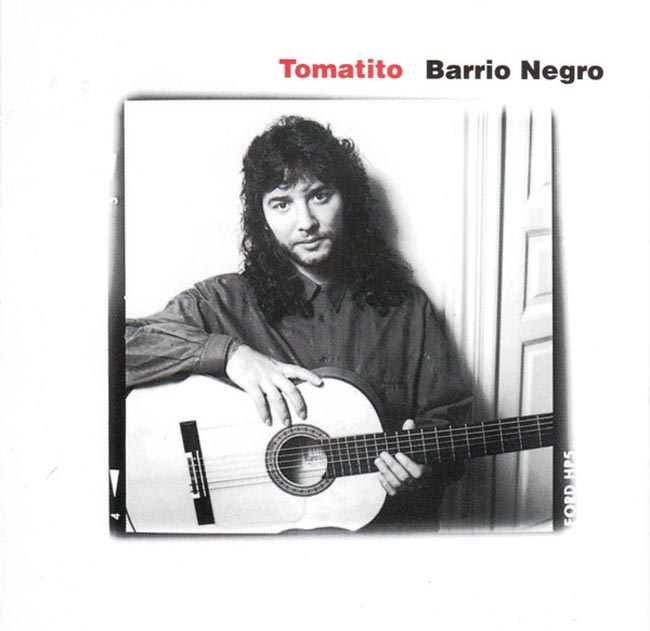
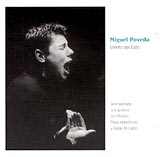
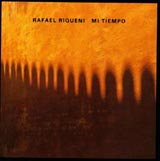
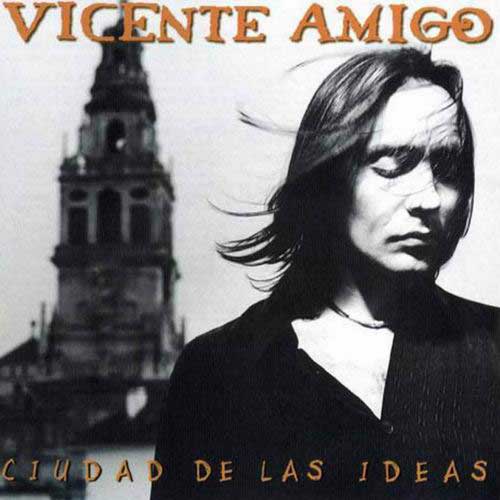


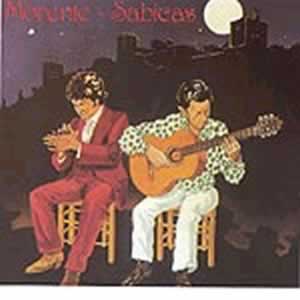
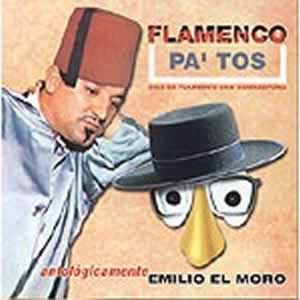
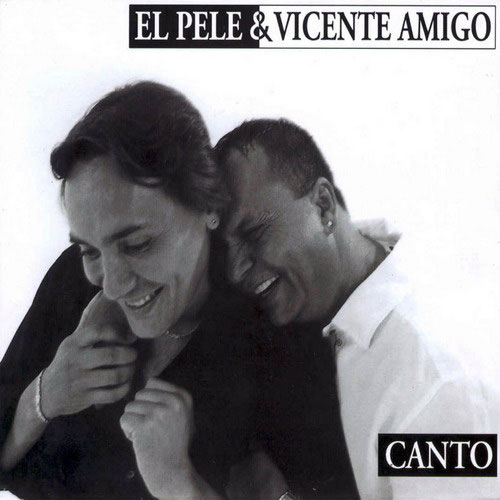
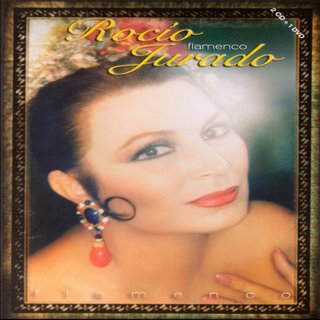
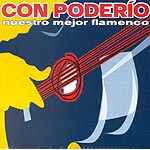
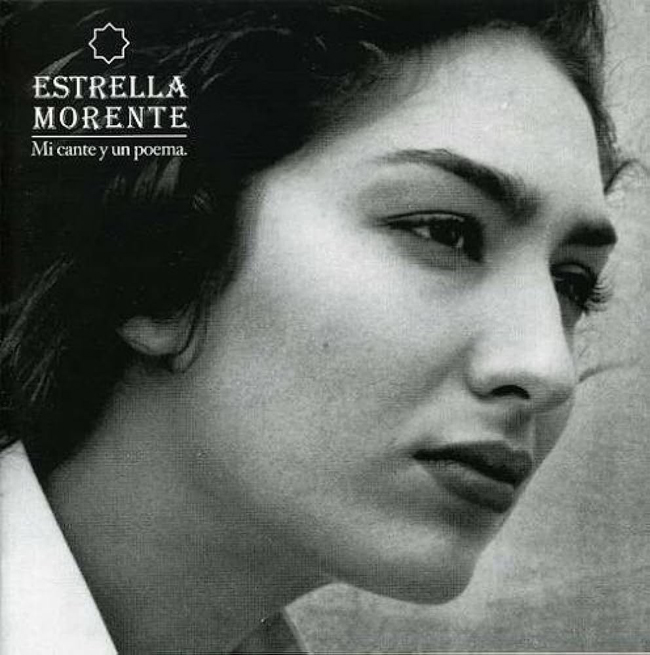
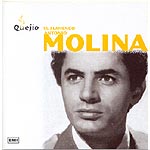
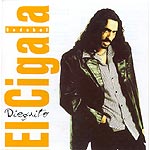
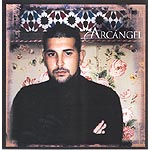

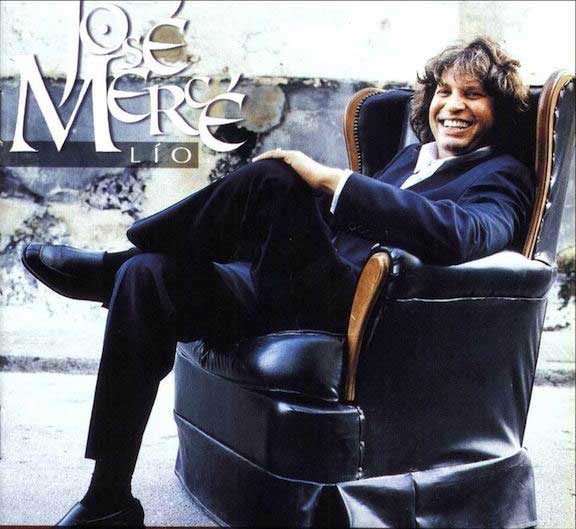
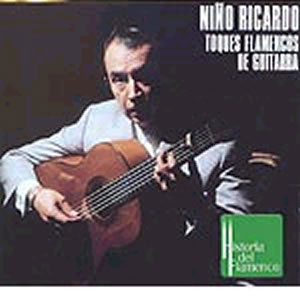
.jpg)

